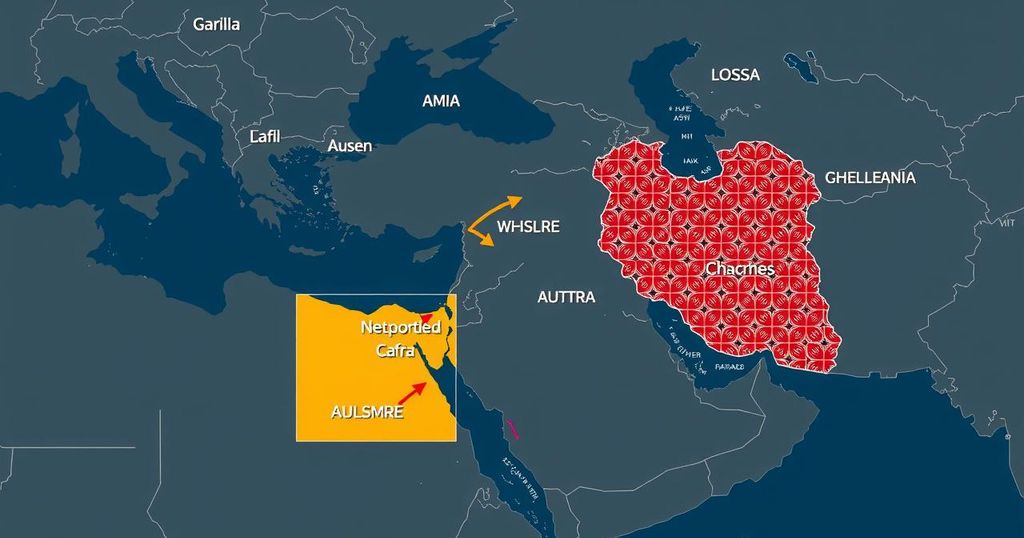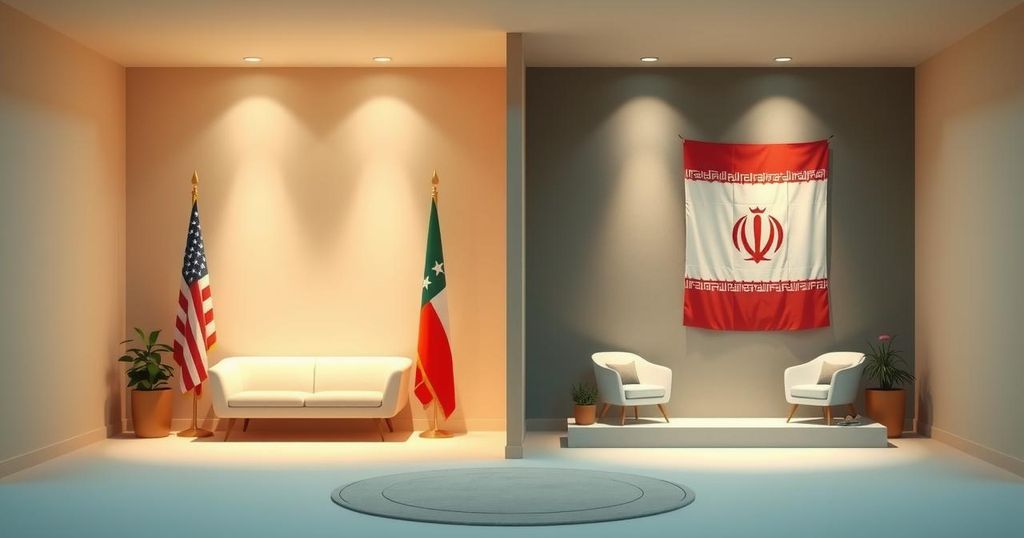Examining Middle Eastern Alliances in the Syrian Civil War
The Syrian civil war, significantly influenced by international actors such as Russia and Iran, has engendered a complicated web of alliances and opposition across the Middle East. Responses vary from outright support for Assad by countries like Yemen, to neutrality from nations like Israel and Djibouti. The regional stance is marked by a lack of consensus, reflecting deeper divisions and the impact of historical relationships.
The ongoing Syrian civil war, which has significantly escalated since 2012, has been drastically influenced by various international and regional actors. The government led by Bashar al-Assad has garnered substantial support from Russia and Iran, among other countries. Since its military intervention in 2015, Russia has maintained a notable presence in Syria, providing crucial military assistance. In contrast, the opposition has received backing from countries like Turkey, particularly for groups such as the Armies of Conquest.
Political responses throughout the Middle East regarding the Syrian conflict are notably varied. When surveyed, the maps illustrated by Newsweek indicate that regional alliances are deeply divided, correlating closely with geographical and historical contexts. Initially, Saudi Arabia, Bahrain, the United Arab Emirates (UAE), and Qatar withdrew their diplomatic support from Syria, openly advocating for the ousting of President Assad. Oman decided to maintain its diplomatic relations with Assad, adopting a notably more conciliatory approach.
The positions of Gulf states have gradually evolved, with the UAE suggesting possible peaceful resolutions that would not necessitate Assad’s removal. Yemen stands out, as it is among the few nations supporting the Assad regime directly, particularly through the Houthi rebel factions. Conversely, Djibouti remains neutral, while Israel, sharing a northern border with Syria, has not taken a definitive stance on the conflict.
Lebanon declares neutrality; however, International concerns arise due to Hezbollah’s significant backing of Assad. The Syrian crisis has notably precipitated a refugee influx into Lebanon. Additionally, political unrest afflicts Libya, hampering a cohesive stance from those southern territories. The Palestinian territories and Western Sahara also reflect uncertainty, lacking significant diplomatic representation in regional discussions regarding the war. Insight into the relationships and political dynamics presented offers a greater understanding of the complexities surrounding Middle Eastern responses to the Syrian conflict.
The Syrian civil war has crucially altered the Middle East’s political landscape, drawing in various nations both in support of the regime and the opposition. The diversity of alliances and oppositions underscores the geostrategic interests in the region. Russia’s military intervention marked a significant escalation in the war, while Middle Eastern states have navigated their responses based on historical relationships, sectarian affiliations, and national interests. The conflict reflects broader regional tensions and divisions, marking a pivotal period in Middle Eastern geopolitics.
In summary, the Syrian civil war exemplifies the significant interplay of regional powers and their differing approaches to foreign intervention and diplomacy. The complexities of these alliances reveal the deep-rooted divisions within the Middle East, often influenced by historical affiliations and geopolitical strategies. While the conflict solidifies existing tensions, it remains a critical focal point for international relations in the region, with implications extending beyond Syria itself.
Original Source: www.newsweek.com




Post Comment